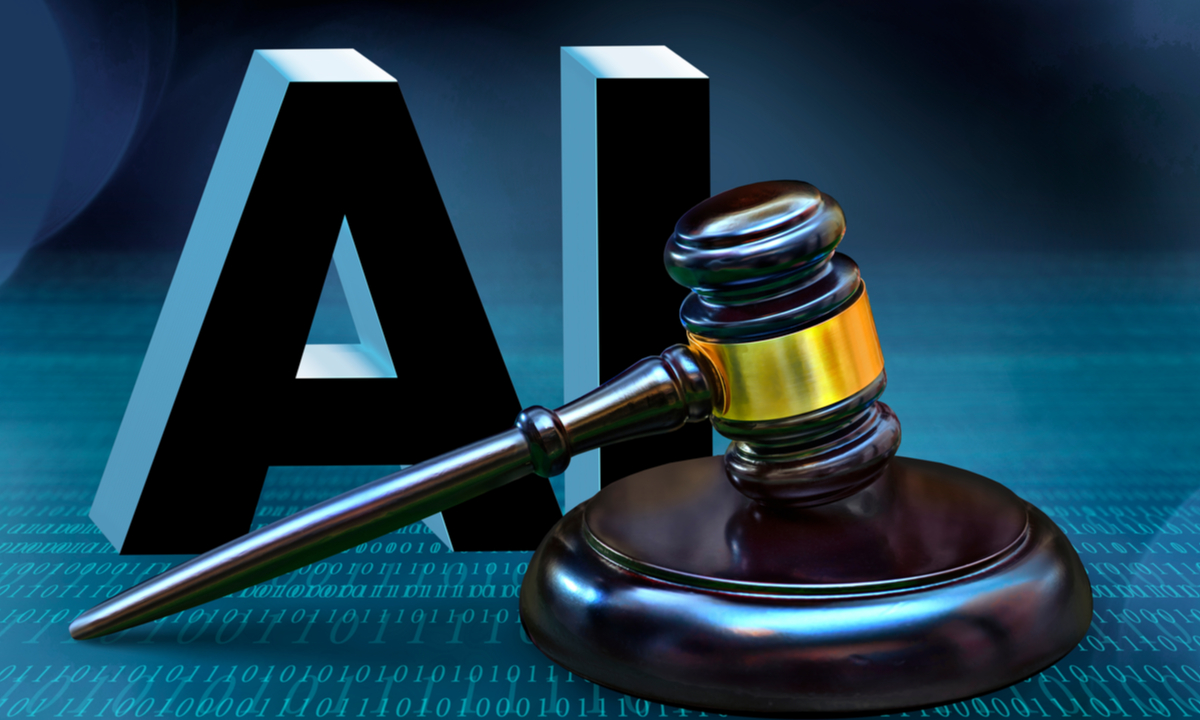As AI development accelerates, it is becoming evident that regulatory frameworks are emerging to oversee this rapidly growing field. While these regulations could ensure better transparency for consumers, they also have the potential to hinder certain AI projects. The challenge lies in balancing innovation with the protection of users and society, as there are significant risks tied to AI-generated content, such as misinformation and privacy violations.
Proper regulation could mitigate these risks, but there are concerns about whether regulators will take the necessary steps to ensure the technology’s development aligns with long-term benefits for society.
One of the major regulatory challenges faced by AI companies is the use of data, particularly when it involves copyrighted material. Companies like Meta, OpenAI, and Google are under legal scrutiny for using copyrighted text and other protected content to train their AI models. Recently, French publishers and U.S. authors have launched legal actions against Meta, accusing the company of copyright infringement.
If these cases result in significant financial penalties, other publishers may follow suit, potentially leading to massive fines for companies like Meta. This issue highlights the need for clearer legal guidelines around the use of data in AI development.
Legal Challenges and Data Restrictions: Impact on AI Development and Global Competition
The legal challenges surrounding data usage could lead to a shift in how AI development progresses. Social media platforms, which hold vast amounts of proprietary data, may emerge as dominant players in the creation of large language models (LLMs). However, these platforms are also constrained by user agreements and evolving data privacy laws, particularly in the wake of scandals like Cambridge Analytica.

For example, Meta has been accused of using pirated books to train its AI models due to insufficient data from its existing datasets. In contrast, companies in countries with less stringent regulations, like China, may have an edge in the AI race, as they can access and utilize data with fewer limitations.
As U.S. companies grapple with restrictive data laws, there has been increasing pressure to loosen these regulations. OpenAI has actively lobbied for permission to use copyrighted material in AI training, arguing that such access is essential for competing globally.
This push is part of a broader strategy to gain favor with the U.S. government, especially as tech leaders seek to influence policy decisions that could shape the future of AI development. The fear is that if U.S. companies face strict data restrictions, they could fall behind China, which has fewer limitations on data usage and access.
Balancing Innovation with Responsibility: Addressing AI’s Potential Harms and Unforeseen Consequences
Despite the promise of AI, there are growing concerns about the potential harms associated with rapid innovation. The push to “move fast and break things” has become a hallmark of the tech industry, but it raises questions about whether sufficient safeguards are in place to protect society.
As AI-generated content becomes more prevalent, there is a risk that critical thinking will be outsourced to machines, and people could develop unhealthy relationships with AI-generated characters. Additionally, the proliferation of AI-generated images and content could be used to manipulate public opinion, as seen in the way social media was initially allowed to flourish without adequate regulation.
Looking ahead, there are concerns that, like with social media, the risks associated with AI will only become more apparent once widespread adoption has already taken place. The current regulatory frameworks, such as the White House’s AI Action Plan, may not adequately address the long-term risks of AI development, particularly in areas like mental health and social interaction.
As the AI industry is projected to become a $1.3 trillion market, the drive for rapid innovation will likely overshadow the need for caution. In the end, major AI players may overcome legal and ethical challenges, but society could be left grappling with the unintended consequences of mass AI adoption in the years to come.









